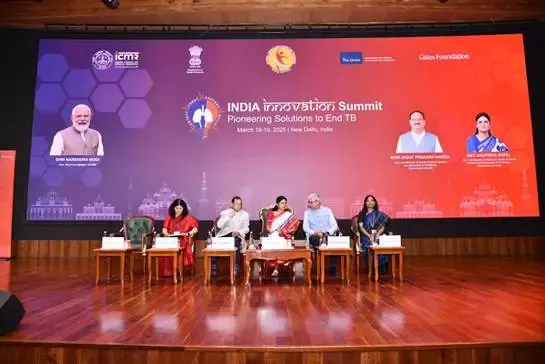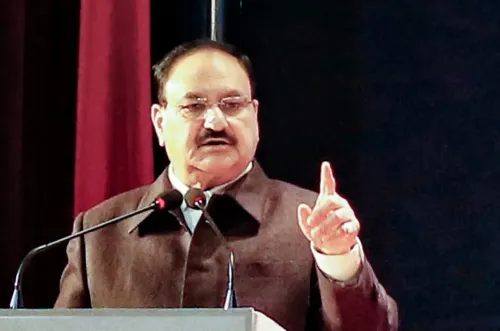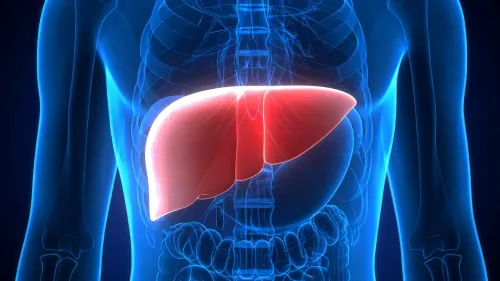India Sets Ambitious Goal to Eradicate 5 Diseases in 5 Years: Progress on TB Control, Says Dr. VK Paul

Synopsis
Key Takeaways
- India is targeting the elimination of five diseases within the next five years.
- TB control has seen significant progress, with fewer unreported cases.
- The National TB Elimination Program is on track for a 2025 elimination goal.
- AI technology is pivotal for TB detection and management.
- Nutritional support programs are in place for under-nourished TB patients.
New Delhi, March 18 (NationPress) India is committed to the elimination of five diseases over the next five years, including leprosy, lymphatic filariasis, measles, rubella, and kala-azar, stated Dr. V.K. Paul, a member of NITI Aayog, on Tuesday.
He emphasized that under the guidance of Prime Minister Narendra Modi, India has made significant strides in TB elimination and is now focused on eradicating these five diseases in the specified timeline.
Dr. Paul addressed the ‘India Innovation Summit – Pioneering Solutions to End TB’, which was inaugurated by Union Minister of State for Health and Family Welfare, Anupriya Patel, in the capital.
He also stressed the importance of advanced and superior tools for diagnosing drug-resistant TB, highlighting the potential of AI in facilitating TB detection and eradication.
For the successful elimination of TB, he noted the necessity of scalable technology, supporting the introduction of new technologies and their regulatory approval, while ensuring funding for critical innovations and identifying areas for further research.
“India's initiatives for TB elimination are truly global and will yield benefits worldwide,” he remarked.
During her address, Patel underscored India's impressive progress in TB control and the essential role of innovation in this endeavor.
She noted the accomplishments of the National TB Elimination Program (NTEP), stating that “the program is making steady progress towards the goal of eradicating TB by 2025.”
“The number of unreported cases has decreased from 1.5 million in 2015 to 250,000 in 2023. The program successfully identified 2.55 million TB cases in 2023 and 2.607 million cases in 2024, marking a record high,” she explained.
Referring to the ‘WHO’s Global TB Report 2024’, Patel announced that “the incidence rate of TB in India has dropped by 17.7 percent, from 237 per lakh population in 2015 to 195 per lakh population in 2023.”
“TB-related deaths have declined by 21.4 percent, from 28 per lakh population in 2015 to 22 per lakh population in 2023. Furthermore, TB treatment coverage has risen by 32 percent over the past eight years, increasing from 53 percent in 2015 to 85 percent in 2023,” she highlighted.
She also brought attention to the Energy Dense Nutritional Support (EDNS) provided to under-nourished TB patients during the initial two months of their treatment, alongside medications.
Additionally, Patel emphasized the advancements of the ongoing TB Mukt Bharat– 100 Days Intensified Campaign, launched on December 7, 2024, which encompasses 455 selected high-priority districts and employs a comprehensive strategy to mobilize resources, raise awareness, and intensify the fight against TB across all prioritized regions.
With over 1,200 participants from academia, industry, healthcare, and research, the summit seeks to promote vital collaborations.










